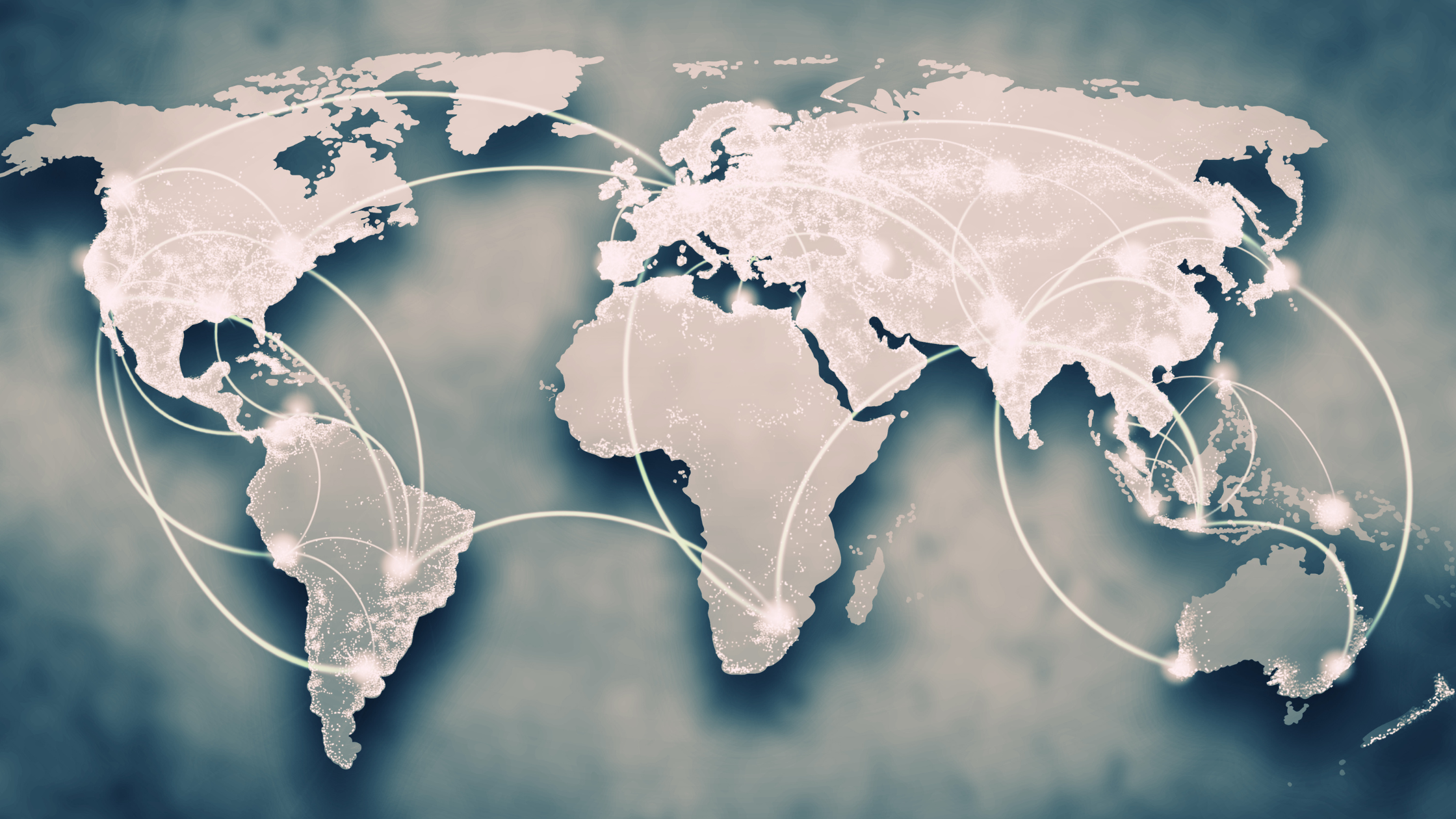Navigating Global Unrest: The Responsibility of Leaders and Organizations

There is no question that leaders and organizations face the challenging responsibility of addressing and mitigating the impact of global unrest on their employees, stakeholders, and communities. The events of the past few years, from the COVID-19 pandemic to conflicts, human rights crises, and natural disasters, have underscored the pressures leaders face and the increasingly urgent need for them to guide their organizations and those depending on them through these crises. But leaders are people too, individuals who are also impacted by what is happening around them. So, the critical question arises: “Whose responsibility is it anyway?”
Acknowledging Global Unrest:
The first step in addressing any global issue is acknowledging its existence and the impact it is having, not only on the organization and employees, but also the personal toll it may be taking on the leader. Often, leaders and organizations may inadvertently overlook or downplay the impact of events happening in distant and not-so-distant regions and corners of the world. However, ignoring global unrest is not a solution. Acknowledgment is crucial in demonstrating understanding, concern, and setting the foundation for a more thoughtful response that takes business and organizational risk factors into account.
Taking Sides vs. Promoting Balance:
Unrest, whether political, military, or humanitarian in nature, often involves complex narratives, multiple perspectives, and legalities not easily understood. Leaders and organizations should, therefore, tread carefully when speaking about conflicts. While they may have their own personal and ethical views, it is essential that leaders maintain balanced and measured communications, especially when considering the teams they lead, customers they serve, and stakeholders they are accountable to, who themselves represent diverse sets of views. In the case of polarizing conflicts, for instance, acknowledging that impact exists on the sides of all parties involved and calling for a peaceful resolution can foster a more inclusive and constructive atmosphere. Taking sides without a comprehensive understanding can alienate employees, clients, or stakeholders with differing views.
Supporting Leaders:
Leaders are not immune to the effects of global unrest, and their well-being is also critical. Recognizing that leaders, too, can be emotionally impacted, overwhelmed, or simply tapped out by the continuous stream of crises is important. They must, therefore, work to surround themselves with a support system of trusted individuals who can share the responsibility, allow them to be vulnerable, and step in when needed. Leaders must prioritize their own self-care to be effective at supporting their organizations, employees, stakeholders, and customers alike must also be willing to recognize the humanity of these leaders; after all, they too are human.
Supporting the Health and Wellness of Employees:
Policies and procedures should be put in place to ensure that employees who may be impacted directly or indirectly have access to resources, guidance, and assistance. These policies should encompass both physical and mental health support, as the consequences of global unrest can be multifaceted and long-lasting.
- Mental Health Support: Leaders and organizations should offer access to counseling and mental health services to employees dealing with the emotional toll of global unrest. Offering flexible work arrangements, including remote work, can also alleviate stress for those directly affected by crises or those with loved ones in impacted regions.
- Communication and Information: Leaders should maintain open lines of communication with their employees, keeping them informed about the situation and the organization’s response. Offering reliable information and updates can help reduce uncertainty and anxiety.
- Education and Awareness: Organizations can encourage employees to conduct their own research, seek out sources provided by subject matter experts, and to be respectful in the way they engage colleagues with differing perspectives. This not only contributes to understanding global issues but also empowers individuals to make informed decisions.
- Financial Assistance: In cases of severe economic impact, if possible, leaders and organizations can look to provide financial assistance, such as emergency funds or loans, to employees facing financial hardships.
#GemAlert
Leaders are people too and also need support!
In sum, global unrest and issues challenge leaders and organizations in profound ways. Acknowledgment, continuous communication, and the implementation of comprehensive support policies are essential components of the responsibilities leaders carry. In a world marked by global interconnectivity, leaders have the power to transcend boundaries, foster understanding, and make a meaningful difference in the lives of their employees and communities. The question of “Whose responsibility is it anyway?” is unequivocally answered: it is the shared responsibility of leaders and organizations to navigate global unrest with clear communication, effective strategies, compassion, and empathy, ultimately fostering a world where humanity takes precedence over discord and division.
If you’re a leader in need of support developing and leading the strategies needed to navigate these times, connect with us here to learn more about how we can help.
I'm Charmaine. CEO and Founder of Chapter tOO™ and your guide to professional and business optimization. More About Us
Welcome!
A NYC certified Minority/Women-Owned Business Enterprise (M/WBE)
© 2021- 2025 Chapter too™ all rights reserved.